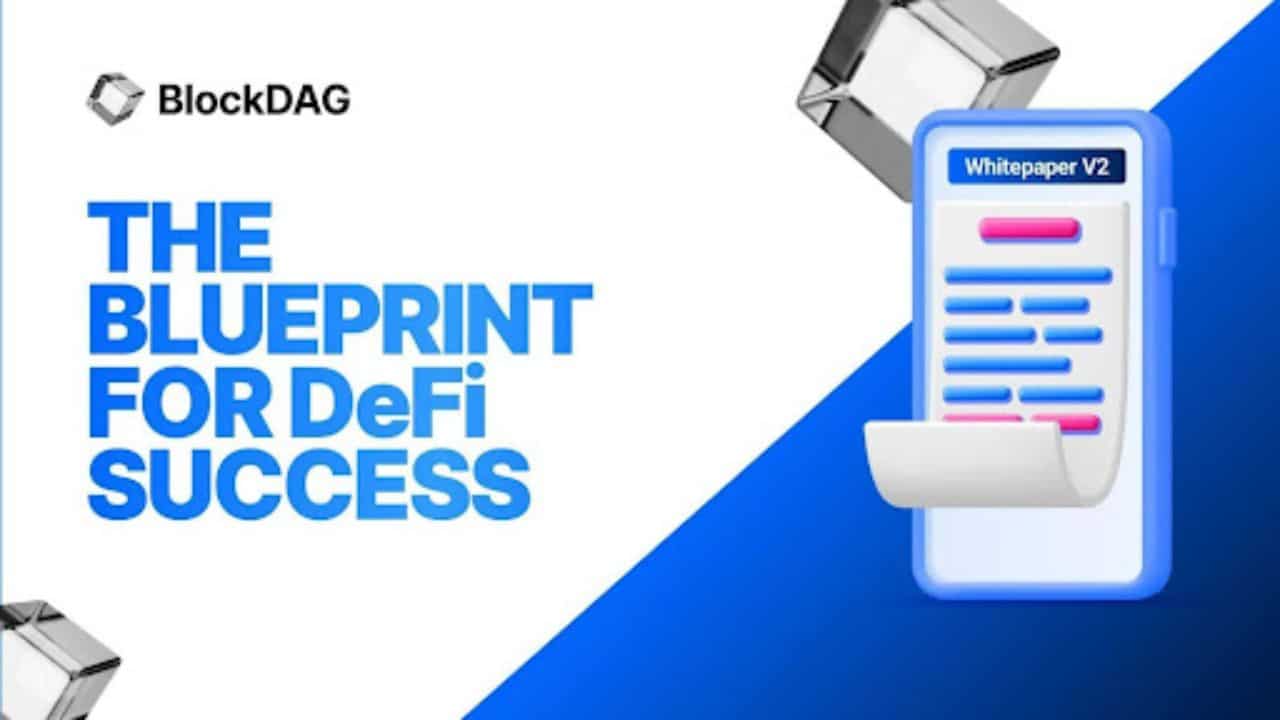Tokenization is the process of turning sensitive data into unreadable, non-reversible bytes. Unlike traditional data, tokens have no mathematical relationship to the original number. Therefore, even if the environment that uses tokens is breached, the original sensitive data will not be compromised. Tokenization was initially used in the payment card industry. It is a widely used concept gaining popularity across all industries.
Tokenization has many different applications, including one-click checkouts and subscription billing. For eCommerce sites, it can be used in three different ways: to store the card number on file and to process payments. For NFC mobile wallets, this technology is most talked about. Tokenization can increase consumer trust and minimize the risks of security breaches. Tokenization has also been used in banking and the healthcare industries. Tokenization is a good solution for any eCommerce site.
Tokenization: why is it important?
Tokenization is an effective method of limiting plain-text sensitive data. It can also be used in banking systems and replace protected health information or data from automated clearinghouses. However, credit card data is the most common use of tokenization. Using a service of tokenization can make the process much easier. Tokens can be used in many applications.
Tokenization reduces the risks of data breaches and improves the security of payment transactions. It also reduces the time and cost of maintaining compliance with PCI DSS. By encrypting data, true information is not accessible to hackers. As a result, it increases consumer trust and reduces the risk of security breaches. The benefits of tokenization are well worth the extra expense. It will improve the security of eCommerce websites.
Tokenization protects sensitive data by substituting non-sensitive data with tokens. It is possible to turn a credit card number into a token, which looks the same as the original. Tokens are similar to the original data and can be used in many operations. Tokenization does not require any changes to the database schema. Tokenization allows organizations to control their sensitive data in the cloud and outsourced environments.
POS software and mobile wallets can use tokenization to store credit card details. Tokenization ensures the safety of customer bank account details.
Taking advantage of Tokenization
There are many benefits of payment tokenization. To begin with, it ensures that sensitive data isn’t stored locally. This means less information for hackers to steal and less information for your customers to misinterpret. Tokenization is a great way to enhance internal security and protect your business from fraud and abuse. Whether you accept credit cards or not, tokenization is a great way to secure your online business.
The advantages of tokenization extend well beyond reducing the number of breaches and data losses. Tokenization allows you to accept payments without having to launch an IPO. It is especially beneficial if you already have a legacy system in place. You can easily replace outdated software and hardware with a tokenized version. You don’t have to worry about red tape or losing control of your business because you can tokenize everything.
Tokenization can also lower the risk of fraud and phishing, two major issues that often plague digital payments. Tokenization is more secure than a traditional credit card, as it applies the security of a physical EMV chip to non-card environments. Tokenization can also help merchants increase their ability to sell their goods and services. Further, it can increase their bargaining power, which will help them reduce their risk.
Another important benefit of tokenization is that it reduces PCI scope. Since it does not store sensitive information locally, tokenization will reduce PCI scope, which means it won’t slow down your payment. It will also help you simplify the PCI Self-Assessment Questionnaire. Tokenization is the best option for merchants that want to make their transactions more secure and faster. It will give them more options for sales, as they will accept more types of payments.
Conformity with the PCI DSS
The Payment Card Industry Data Security Standards, also known as PCI DSS, require retailers who deal with credit card details to keep their data in a location outside of the Point of Sales (POS) systems. All businesses require PCI DSS, so every business is looking for the most efficient and tested compliance method. The Payment Card Industry Security Standards Council (PCI SSC) is the body that enforces PCI DSS has released guidelines on tokenization. PCI DSS released guidelines for using tokenization to conform to PCI DSS. Tokenization is a superior choice to encryption because encryption is costly and can take a long time to implement from beginning to end.
The article was written in cooperation with Norion.





































